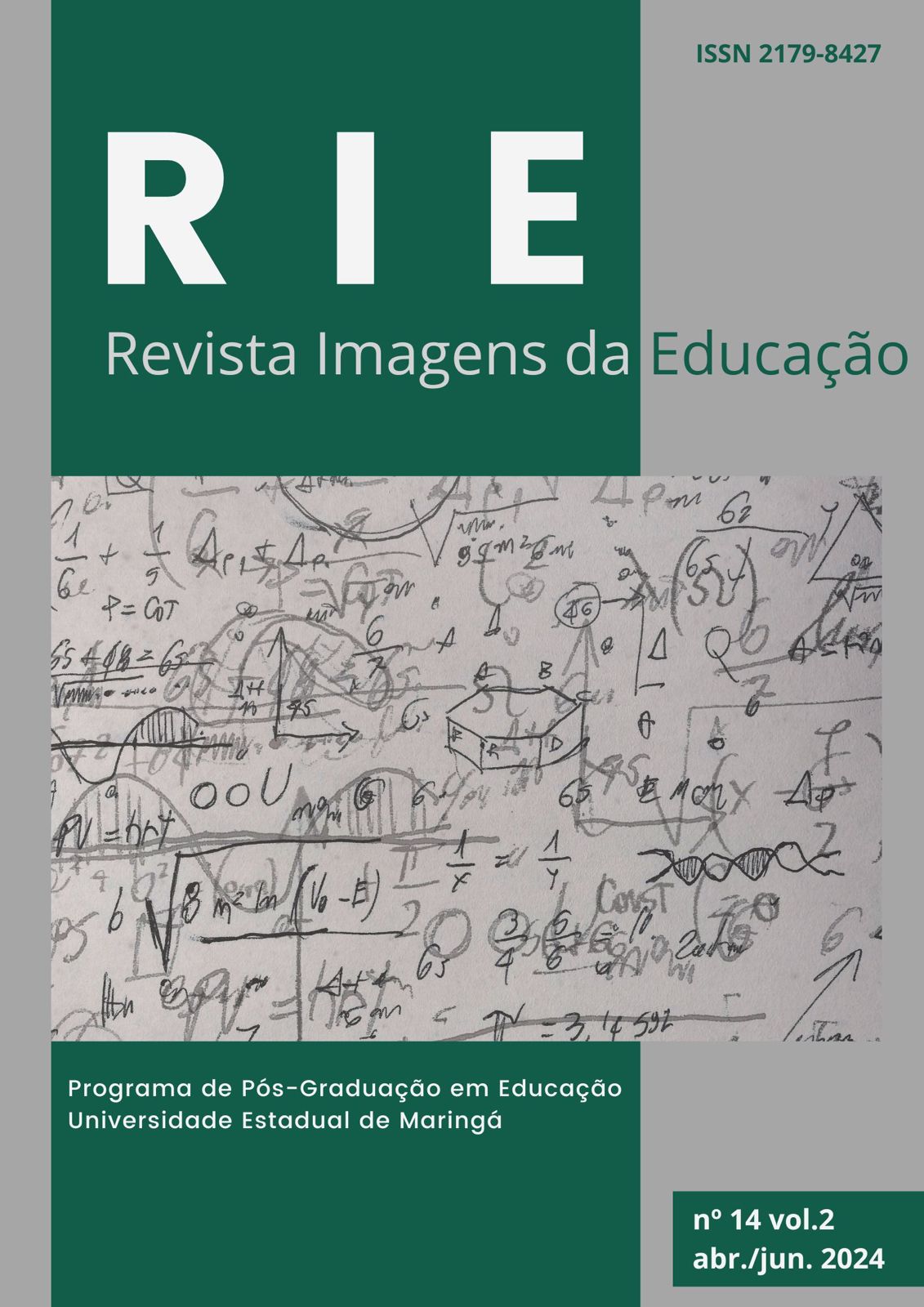THE USE OF INTERVIEWS IN RESEARCH ON BELIEFS IN THE TEACHING-LEARNING OF LANGUAGES DURING INITIAL TEACHER EDUCATION
Résumé
We investigated the use of interviews as an instrument to produce data in studies about beliefs in the teaching and learning of foreign languages during the initial teacher education of student teachers in bachelor's of education degrees with a major in a foreign language. We intended to assist the process of conducting interviews related to this topic. We conducted bibliographic research and reported our experience in preparing and applying the tool. We used as theoretical framework authors such as Manzini (2003), Gerhardt et al. (2009), and Edwards and Holland (2013), among others. Five questions guided our investigation: 1) What are the advantages of using interviews in research on beliefs? 2) What are the disadvantages of using interviews in research on beliefs? 3) What type(s) of interviews is/are more appropriate for research on beliefs? 4) How should interviews be planned for research on beliefs? 5) How can we conduct interviews in research on beliefs? The results indicated that interviews could successfully be used in investigations about the subject through proper planning and use of the instrument. It is a complex task that demands effort and attention from researchers.
Téléchargements
Références
Author, 2018. [Reference hidden to ensure text anonymity]
Barcelos, A. M. F. (2001). Metodologia de pesquisa das crenças sobre a aprendizagem de línguas: estado da arte. Revista Brasileira de Linguística Aplicada, 1 (1), 71-92.
Boni, V. & Quaresma, S. J. (2005). Aprendendo a entrevistar: como fazer entrevistas em Ciências Sociais. Em tese: Revista Eletrônica dos Pós-Graduandos em Sociologia Política da UFSC, 2(1), 68-80.
Dicicco-Bloom, B. & Crabtree, B. F. (2006). The qualitative research interview. Medical Education, 40(4), 314–321.
Edwards, E. & Holland, J. (2013). What is qualitative interview. London: Bloomsbury.
Gerhardt, T. E. et al. (2009). Unidade 4 – Estrutura do projeto de pesquisa. In Gerhardt, T. E. & Silveira, D. T. (orgs.). Métodos de pesquisa (p. 65-88). Porto Alegre: Editora da UFRGS.
Gill, P. et al. (2008). Methods of data collection in qualitative research: interviews and focus groups. British Dental Journal, 204(6), 291-295.
Haguette, T. M. F. (1997). Metodologias qualitativas na Sociologia. 5ª edição. Petrópolis: Vozes.
Manzini, E. J. (2003). Considerações sobre a elaboração de roteiro para entrevista semi-estruturada. In Marquezine, M. C., Almeida, M. A. & Omote, S. (Orgs.) Colóquios sobre pesquisa em Educação Especial (p. 11-25). Londrina: eduel.
Manzini, E. J. (1990/1991). A entrevista na pesquisa social. Didática, São Paulo, 26(27), 149-158.
Moriarty, J. (2011). Qualitative methods overview. London: NIHR School for Social Care Research.
Pavan, C. A. G. (2012). Por inteiro e por extenso: o processo real de formação inicial de professores de línguas (Dissertação de Mestrado). Universidade de Brasília, Brasília.
Stewart, C. J. & Cash Junior, W. B. (2015). Técnicas de entrevista: estruturação e dinâmica para entrevistados e entrevistadores. 14ª ed. Porto Alegre: McGraw-Hill.
Triviños, A. N. S. (1987). Introdução à pesquisa em ciências sociais: a pesquisa qualitativa em educação. São Paulo: Atlas.
Copyright (c) 2024 Imagens da Educação

Ce travail est disponible sous licence Creative Commons Attribution - Pas d'Utilisation Commerciale - Pas de Modification 4.0 International.
Declaro que o presente artigo é original, não tendo sido submetido à publicação em qualquer outro periódico nacional ou internacional, quer seja em parte ou em sua totalidade. Declaro, ainda, que uma vez publicado na revista Imagens da Educação,ele não será submetido por mim ou pelos demais co-autores a outro periódico. Por meio deste instrumento, em meu nome e dos co-autores, cedo os direitos autorais do referido artigo à Revista e declaro estar ciente de que a não observância deste compromisso submeterá o infrator a sanções e penas previstas na Lei de Proteção de Direitos Autorias (Nº 9609, de 19/02/98).















1.png)

